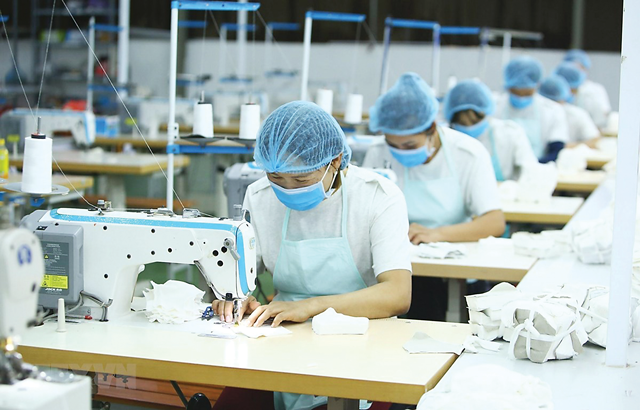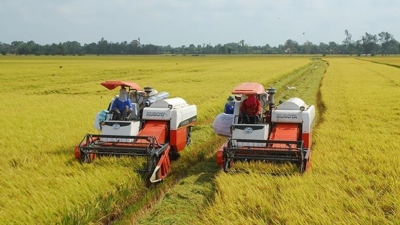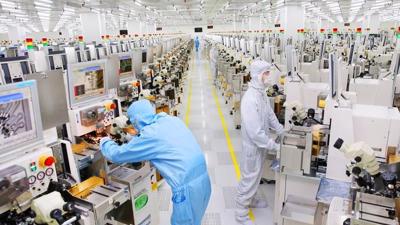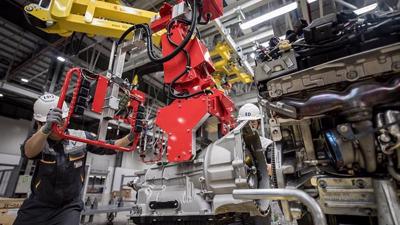Measures needed to address lack of raw materials
Businesses are facing difficulties caused by the ongoing Covid-19 pandemic in China leading to mass delays in production chains.

Enterprises producing electronics, assembly equipment, leather shoes, and textiles are at risk from shortages of raw materials as orders are delayed due to the lingering nature of Covid-19 in China.
Analysts recommend that Vietnamese businesses diversify source markets to avoid any over-dependence. There should also be additional policies to develop supporting industries in Vietnam, so the country is gradually self-sufficient in raw materials. This is a core issue for local industry to develop sustainably.
Supply chains in the leather, footwear, and textile industries have been severely disrupted. China is also the largest import source for Vietnam, with turnover in 2021 of $109.9 billion. It is also the leading supplier of raw materials for production in the country, especially electronic appliances, machinery components, textiles, and chemicals.
Mr. Tran Van Hao, Director of TVC Transport, said that because of disruptions to ground transportation, foreign businesses in Vietnam have had to lease multiple private flights to transport components and machinery to meet production demand. “This increases the cost for businesses, while shipping companies like us are underperforming greatly,” he said.
Representatives from rubber and plastic companies commented that relying on material supplies from China not only affects Vietnamese businesses but also the world, as China remains the largest supplier of such materials. Although changing the source of imports to the US or Europe is possible, the cost would be much higher and there may be additional difficulties.
The Ministry of Industry and Trade (MoIT) has said it will enhance support for trade organizations and businesses and provide more information to ease the difficulties facing Vietnamese businesses. Businesses must also research production materials and lessen their dependence on imports.







